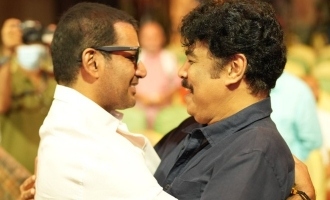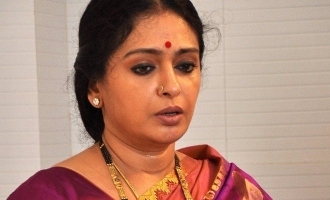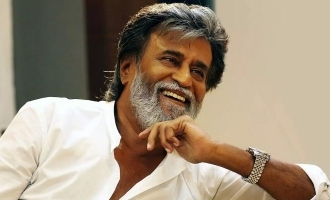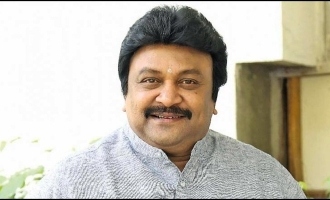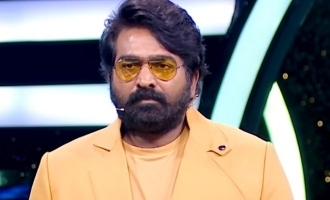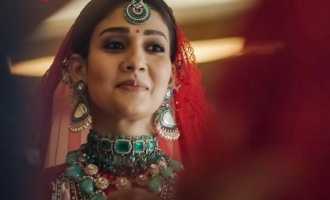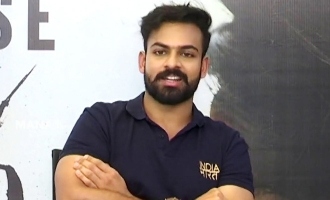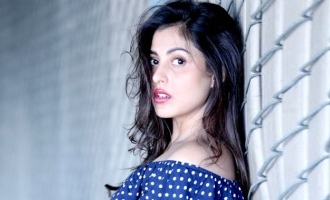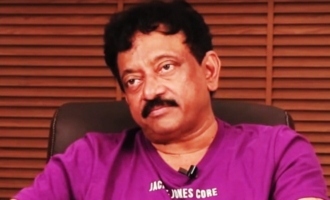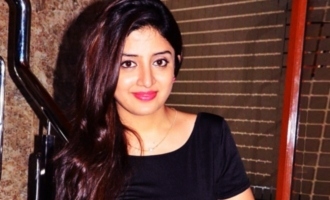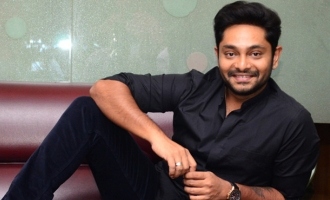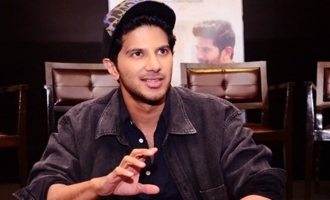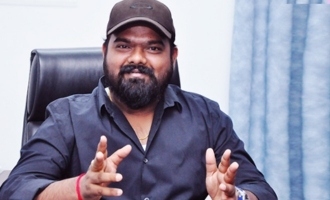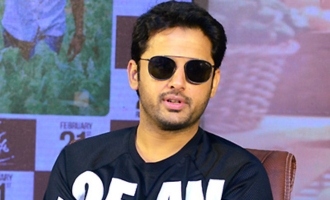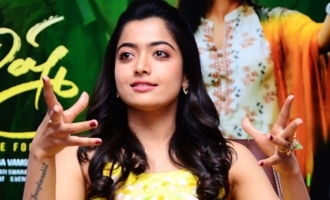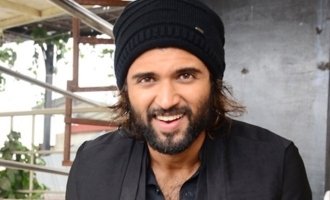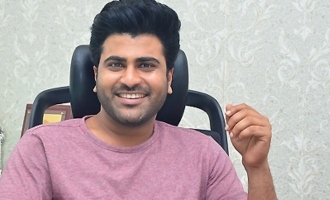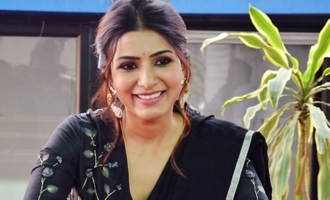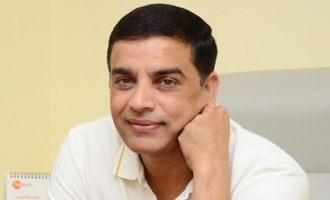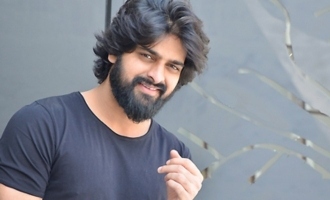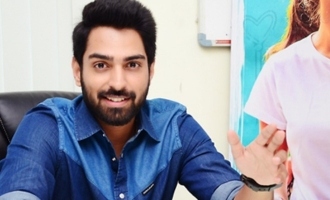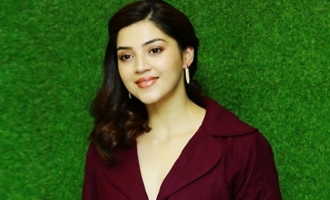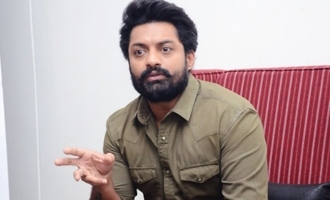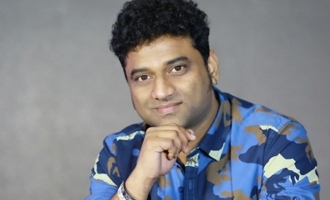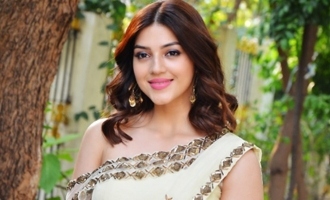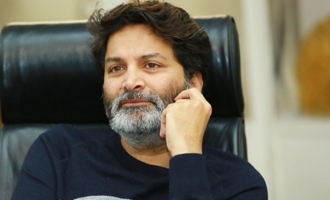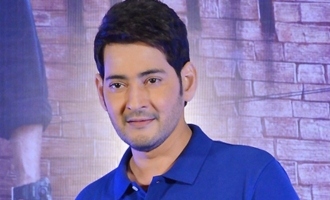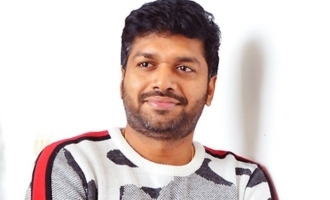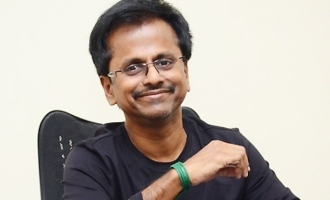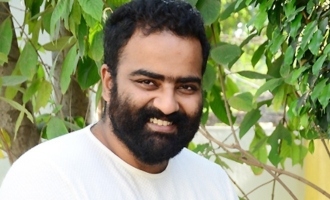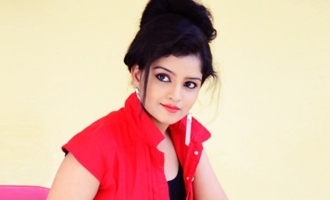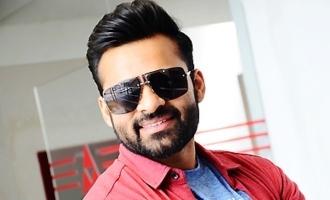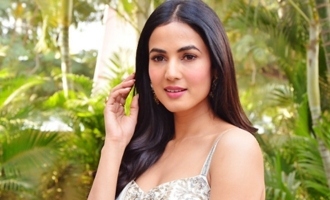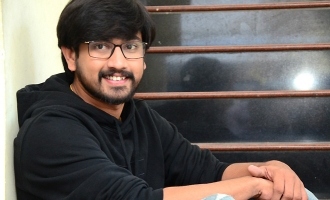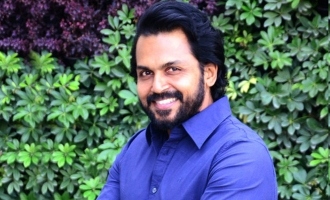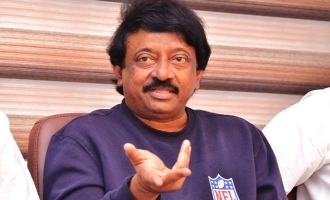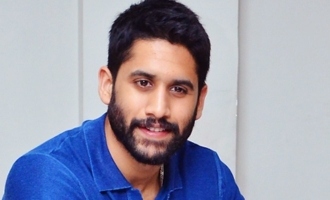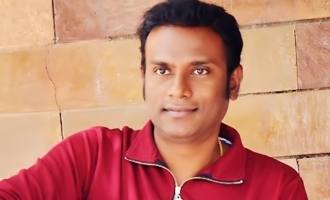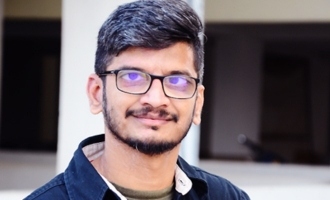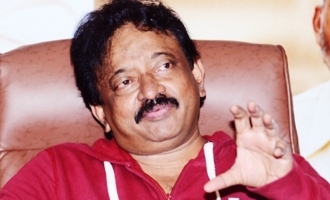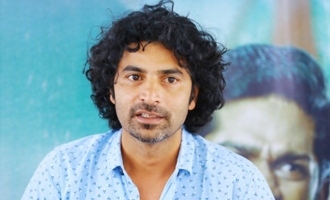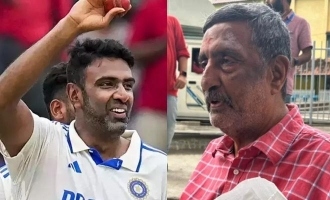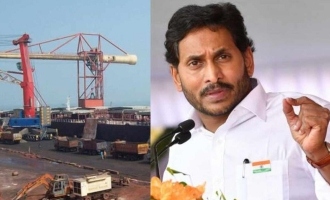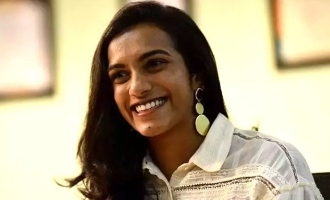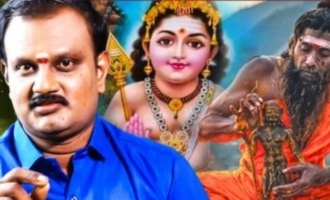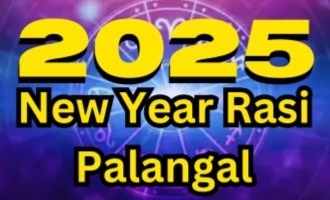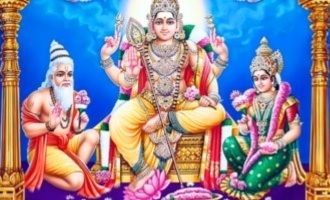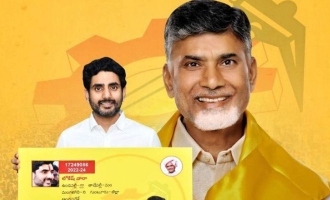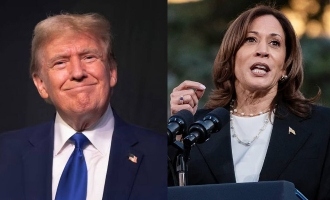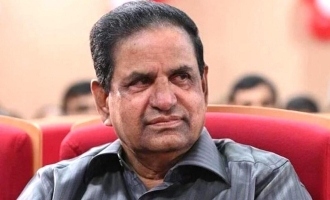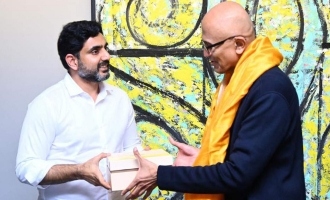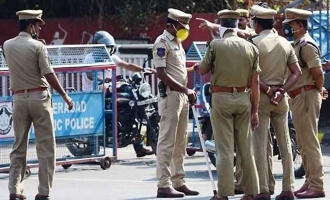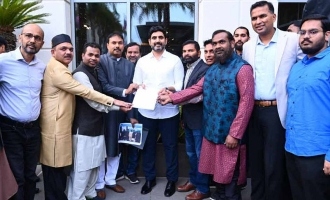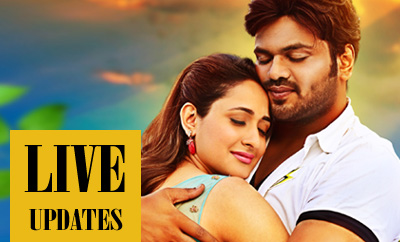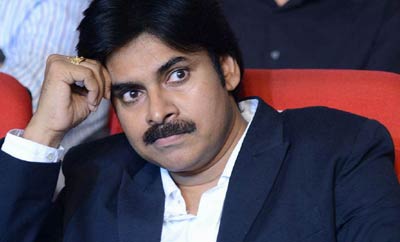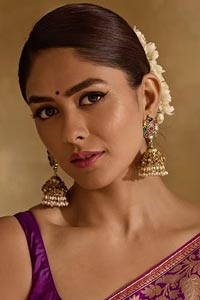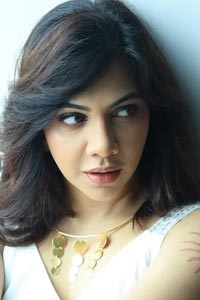Pawan Kalyan's sensational interview


Send us your feedback to audioarticles@vaarta.com


Weeks before the release of Sardaar Gabbar Singh, Pawan Kalyan opens up and speaks to Anupama Chpra, the wife of Vidhu Vindo Chopra, the Bollywood writer-director-producer. Saying that he will give up cinema after doing 2 or 3 more films, Power Star talks about what drew him to politics, his belief in a Supreme Power, why he likes Akira Kurosawa, why he is not in the endorsement business, and more.
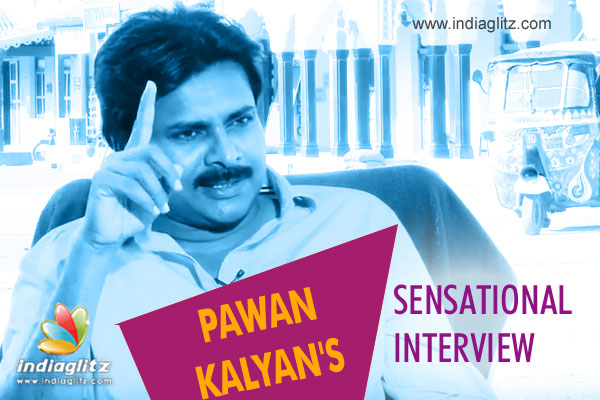
Excerpts:
I think this is one of your very few interviews.
I don't like to talk much about myself. Not that I don't enjoy. I just do my work and go back.
Are you like the sky, which is everlasting, as your punchline goes in Gabbar Singh?
It's a filmi dialogue meant to entertain the audience. I don't think much about such lines. I am an accidental actor. My passions were gardening and farming. If I were not an actor, I would have ended up being a farmer. But I ended up doing anything but farming. (Laughs)
You are not just an actor, but a writer, director, and so many things.
I think all that happened because of necessity. I have my own limitations. When people tried to put me in their imagination, I struggled to fit into it. In the process, I was trying to be someone I couldn't be. So, I started giving inputs to my directors about what I could do. That's how it all started. Later I came to get a hang of it.
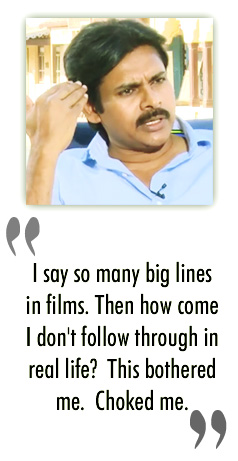
You are making it sound so simple, but I am sure it's not simple.
It's not simple. There are lots of arguments, debates, etc before an idea is accepted. (Laughs)
Did it ever occur to you that because you are bigger and beyond what you are in movies, you always have to play the upright good guy?
I certainly don't like to play a bad guy. There are no bad people. It's only shades of grey. Also, I am not a great actor who can transform completely into a totally different character for a movie. I am not a trained actor.
Has the fact that nobody would say no to you been a problem to you, like Steven Spielberg says it is for him.
PK: I know my own limitations. I would tell my directors, 'I am not able to do this. Can you help me? They normally limit themselves because they think I know a lot as I have done so many films. I like to see even the inexperienced share their ideas freely. They are capable of coming up with brilliant ideas.
When you believe in a power out there, you become humble. While shooting for my fourth film, we had to reach a place in an open vehicle. Crew members felt that many people will come to see me. And hordes of people did come. I said, 'What is the difference between them and me? We are do sides of the same coin. Destiny has put me there and me here.
In your speech at the time of launching Jana Sena Party, you said that you are not here for power. You are like a conscience-keeper.
I used to have a feeling that when I could say things bravely in films, how come I am scared in real life? My conscience choked. The urge to question was there since childhood. Courage can stretch you. Courage can expand your muscles. When the situation comes, I don't want to step back.
Do you think you are risking something by going into that arena?
Danger is lurking everywhere. While riding a horse, while working on the sets you face the danger of electric short-circuit, etc. In that sense, danger is always there. We are gong to die anyhow. It all started with such kind of thinking.
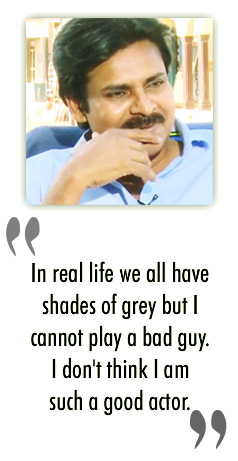
For film stars in this country, it's very difficult to be political. There are fallouts like films getting banned/boycotted, etc. You don't seem afraid of that.
Films are just a part of life. Life is bigger than cinema. Expressing is more essential than keeping quite, no matter what the costs are. It's not that I want to annoy people for no reason. I want to speak out when there is injustice in order to bring awareness.
You are not seduced by your own superstardom.
I never become conscious of that. I feel the superstardom is God-given. I don't know how Pawanism came. I find it strange.
Did you ever stop and introspect as to why people love you so much?
Maybe, all of us look for role models. I think role model is too big a word. It's not like I do things because I want people to like me. I do what I can do. I follow my heart.
You handle success very well. But you also handled failure very well. After the stupendous success of Khushi, you went through a decade of failures. How did you deal with that?
As I told you, I was accidentally pushed into films. Why I have been passionate about films is because whatever job is given to me, I do it with complete dedication. I don't waver. On one occasion, I told my mother, 'These guys are paying me money and letting me do what I like. Even if they don't pay me money, I will still do it because they are letting me do what I like'. Right from my childhood, I have believed in a Supreme Power. I don't know whether it has form, or it is formless. I am a high school dropout. How come life has given me so much? It's not my intelligence, it's not my abilities. This understanding makes me scared even in success. I don't own my success. Neither do I own my failure.
Do you plan to direct again?
For me directing a film is like confining myself. I want to do something beyond direction. I can conceive stories, write screenplays, etc. That's better for me.
Do you ever feel insecure when others make it big or when newcomers come?
PK: Never. I think everyone should succeed. I am contented with whatever I have. It's good to have competition. In fact, I am irritated when others feel that I am eating into their space. I ask, 'In what way am I mak
Follow us on Google News and stay updated with the latest!
Comments
- logoutLogout

-

Contact at support@indiaglitz.com




 Follow
Follow


